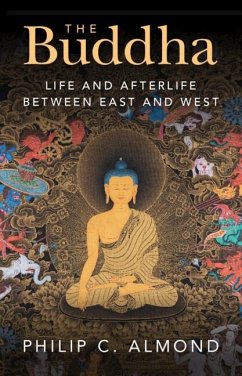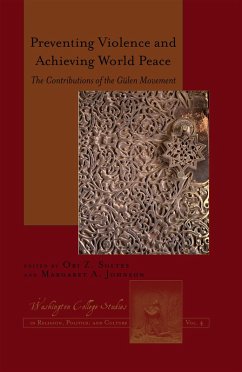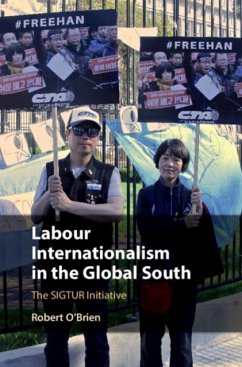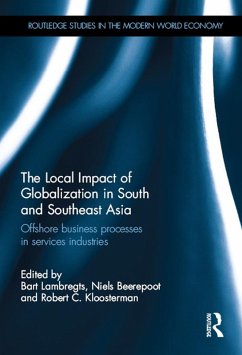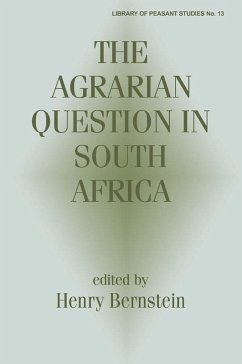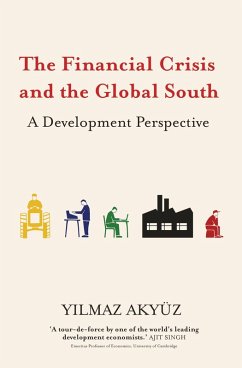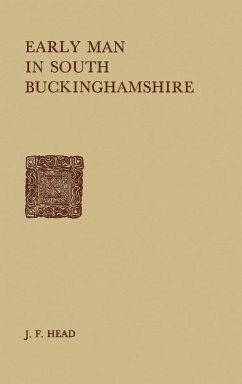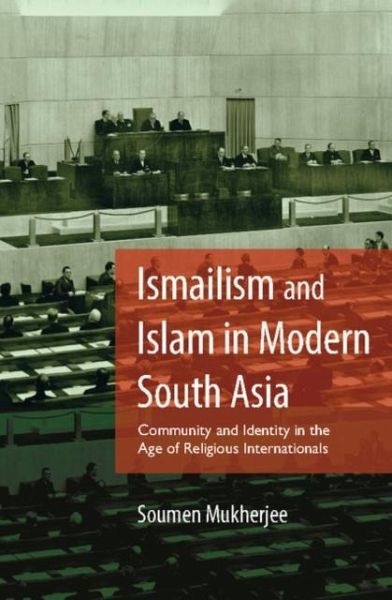
Ismailism and Islam in Modern South Asia (eBook, PDF)
Community and Identity in the Age of Religious Internationals
Versandkostenfrei!
Sofort per Download lieferbar
78,95 €
inkl. MwSt.
Weitere Ausgaben:

PAYBACK Punkte
39 °P sammeln!
This book explores the evolution of a Shia Ismaili identity and crucial aspects of the historical forces that conditioned the development of the Muslim modern in late colonial South Asia. It traces the legal process that, since the 1860s, recast a Shia Imami identity for the Ismailis, and explicates the public career of Imam Aga Khan III amid heightened religious internationalism since the late-nineteenth century, the age of 'religious internationals'. It sheds light and elaborates on the enduring legacies of questions such as the Aga's understanding of colonial modernity, his ideas of India, ...
This book explores the evolution of a Shia Ismaili identity and crucial aspects of the historical forces that conditioned the development of the Muslim modern in late colonial South Asia. It traces the legal process that, since the 1860s, recast a Shia Imami identity for the Ismailis, and explicates the public career of Imam Aga Khan III amid heightened religious internationalism since the late-nineteenth century, the age of 'religious internationals'. It sheds light and elaborates on the enduring legacies of questions such as the Aga's understanding of colonial modernity, his ideas of India, restructured modalities of community governance and the evolution of Imamate-sponsored institutions, key strands in scholarship that characterized the development of the Muslim and Shia Ismaili modern, and Muslim universality vis-a-vis denominational particularities that often transcended the remits of the modular nation and state structure.
Dieser Download kann aus rechtlichen Gründen nur mit Rechnungsadresse in A, B, BG, CY, CZ, D, DK, EW, E, FIN, F, GR, HR, H, IRL, I, LT, L, LR, M, NL, PL, P, R, S, SLO, SK ausgeliefert werden.




